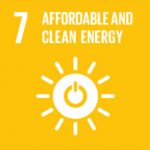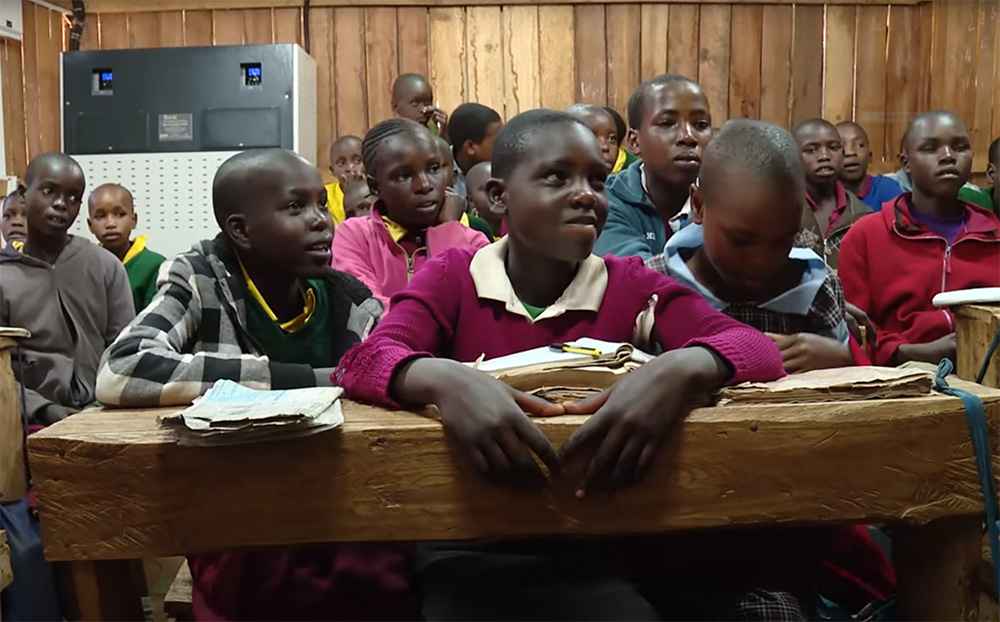The carbon Footprint makes up 60% of humanity’s Ecological Footprint.
Not only is decarbonizing the economy our best possible chance to address climate change, but it would also vastly improve the balance between our Ecological Footprint and the planet’s renewable resources. Over 150 years ago, the carbon Footprint of humanity was close to zero. If we want to limit the global temperature increase to below 2°C, the carbon Footprint would have to be zero again before 2050.
Phasing out fossil fuels is technically possible. Most recently, it has even gained prominence as a necessary strategy to improve countries’ energy self-reliance in times of geopolitical turmoil. Last but not least, this strategy is financially beneficial. It even leads to business differentiating advantages and opportunities.
Check out the Power of Possibility platform and see by how many days energy solutions can #MoveTheDate of Earth Overshoot Day. These solutions are creative, economically viable, and ready to deploy at scale. With them, we can make ourselves more resilient. If we move the date 6 days each year, humanity can be out of overshoot before 2050.

This aligns with the UN Sustainable Development Goal 7 Affordable and Clean Energy, which calls for substantially increasing the share of renewable energy in the global energy mix by 2030. To be sustainable, development ultimately must also fit within our planet’s resource budget.
Schneider Electric Case Study: Solar Microgrids to Provide Access to Energy
The fight against climate change won’t be effective without taking into account the needs of 2.3 billion people in the world who have poor access to energy.








